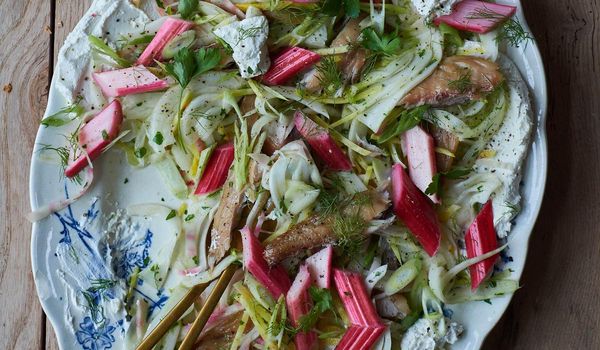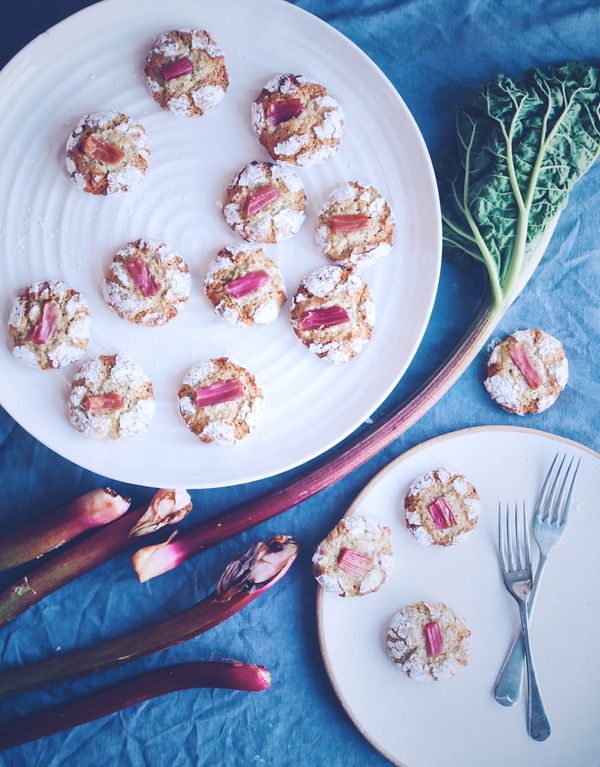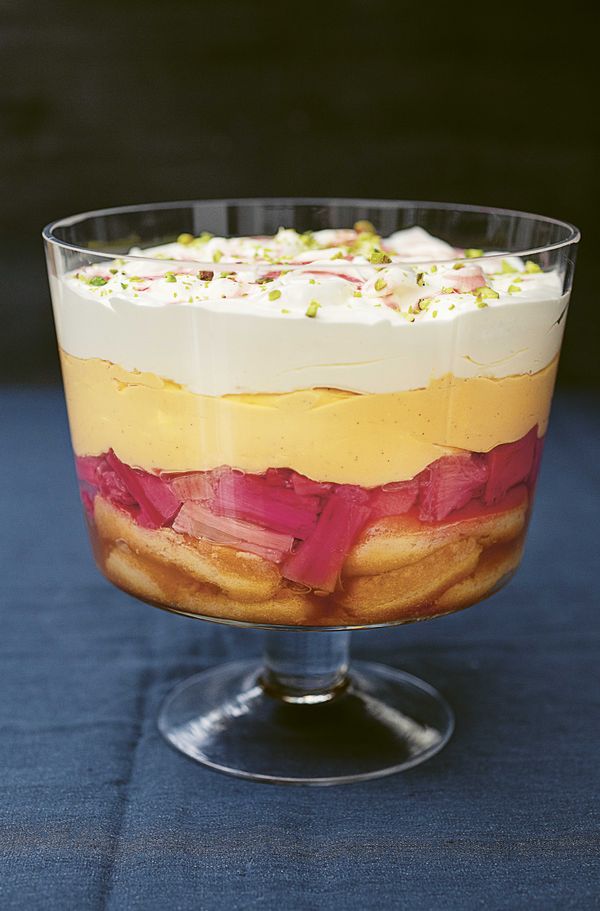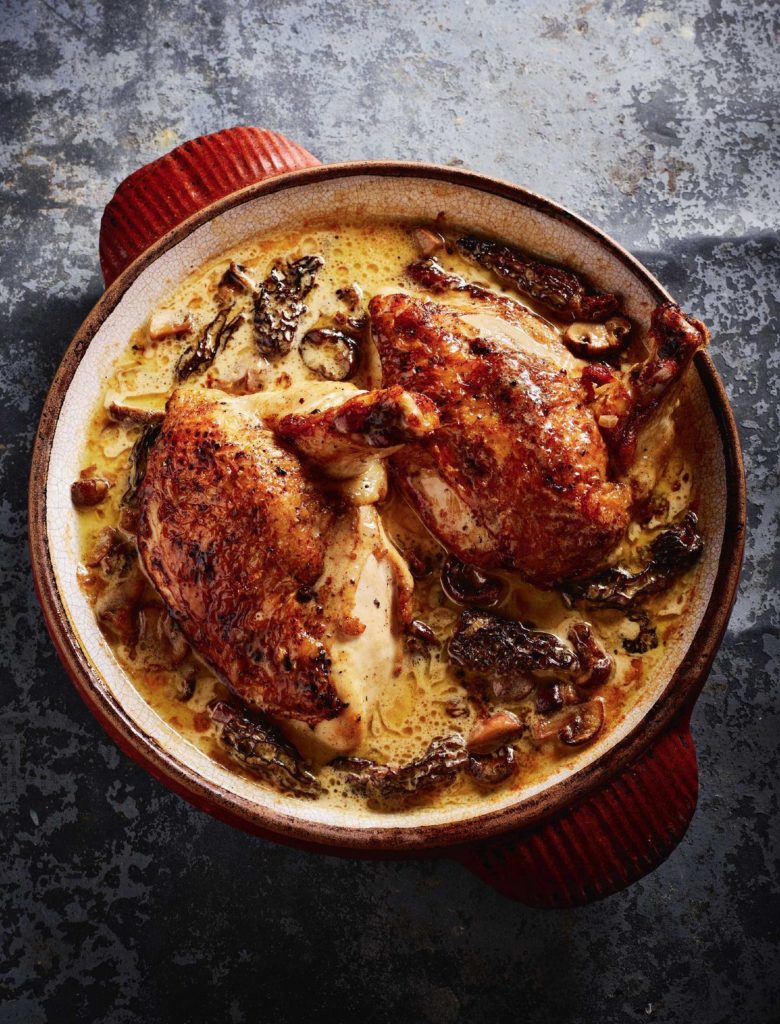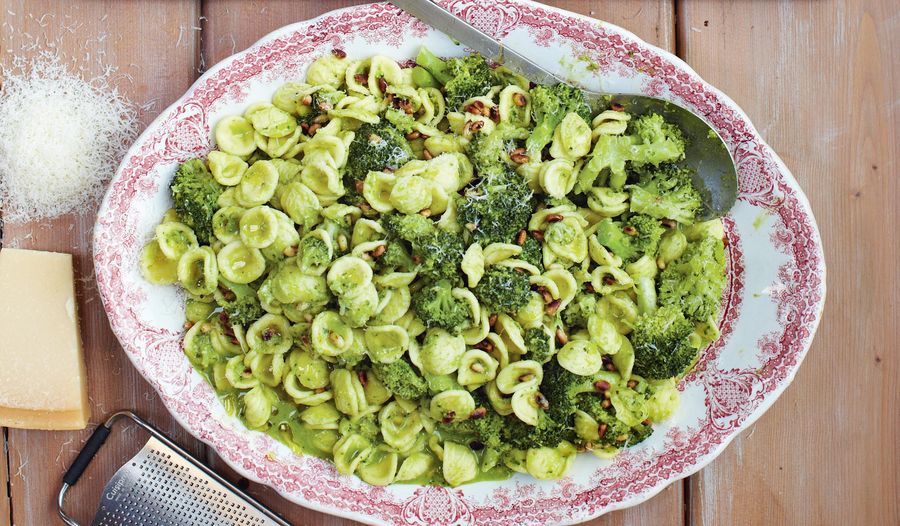The Hungry Gap is almost upon us. These are the lean months when the winter harvest (brassicas mainly) is starting to look a bit weatherworn but the spring crops are little more than a twinkle in a seed packet’s eye. Even the stores of winter squash, root vegetables and apples, which were picked in late autumn and stored, are depleted after a winter of raiding by cooks or mice. Nature has taken a nap. And the result is the most challenging time for any cook who wants to eat homegrown crops. But even when things are less abundant, there is always plenty to sow and cook…

What to Plant in February
It’s time to sow plants that like a long growing season. Sown now they will be in leaf by the time the weather warms up and won’t miss a minute of sunshine. Chillis, aubergines and tomatoes fall into this category. They do need to be warm though and wouldn’t last the night outside until late May, so sow them in modules (little seed pots joined together to make a tray) and keep them on a warm windowsill.
Tomatoes are a bit technical, so if you are a first-time tomato grower, I recommend the Tumbling Tom variety. It’s a bush variety, which means it just grows up and out like a shrub so won’t need staking or the side shoots pinching out, both of which are a faff, like tall ‘cordon’ varieties. It also grows very happily in a hanging basket, as the name suggests, and will produce an abundance of small, cherry fruits.
Anyway, back to the windowsill. Once the seeds germinate and have produced leaves that look like a tomato plant (the first two leaves will be round baby leaves and don’t count), replant them into 10cm pots so they don’t have to jostle for space. Keep them warm and watered on your windowsill until all chance of frost has passed. You might like to acclimatise them to life outdoors by popping them outside for a few hours a day in the run up to planting out. Once you do plant and they’re in their hanging basket, which you have filled with rich potting compost, feed, feed, feed. I use a liquid seaweed feed weekly and water daily.
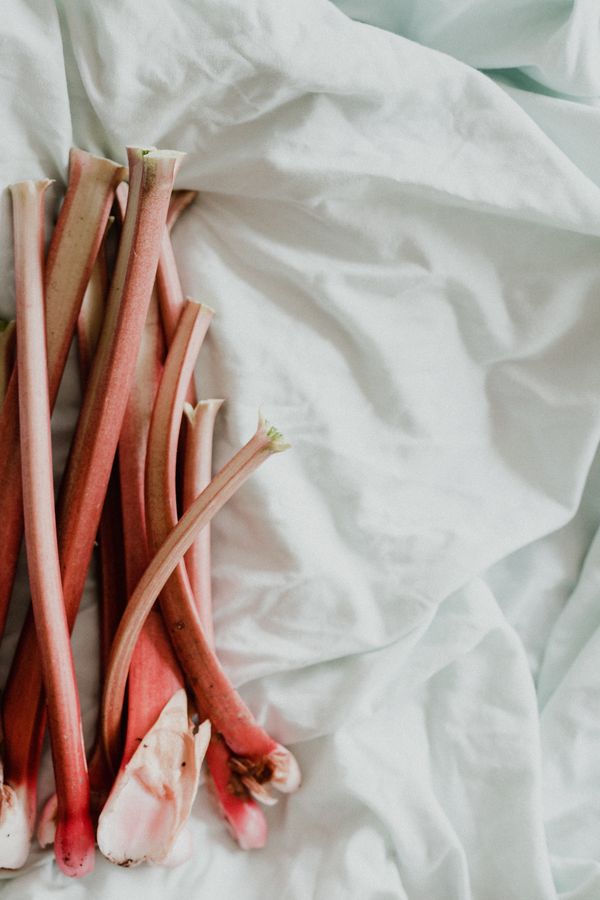
What to Harvest in February
I’ll be honest, not much. I still have some flower sprouts (a delicious kale sprout hybrid) and the odd kale leaf, but the chard is still recovering from the frost and the pigeons have finished off the, already weedy, cabbages.
But there is one harvest that stands out like a pink fluorescent tube against the murk and mud of late February: forced rhubarb. Forcing rhubarb is quite fiddly and I’m not sure I’d recommend it to anyone but the most committed rhubarb eater. After a couple of years good solid growing time, without harvesting, light is excluded from the plant in late winter, usually by putting a terracotta pot over it, but commercially by bringing the plant into a dark shed. The lack of light forces the plant to grow long, thin stems and almost no leaf in the hope of finding some light, using all its carbohydrate stores to create a bright pink and deliciously sweet crop. Fortunately, the farmers in The Yorkshire Rhubarb Triangle have this down to a fine art, so we lesser rhubarb growers can enjoy theirs now and leave our rhubarb plants to provide a tarter, less pink, main crop in the summer.
What to Cook with the February Harvest
It’s only natural, when it comes to forced rhubarb, to think of pudding. Dotted in flapjacks, swirled through ice-cream sundaes, nestled into crumbles, cakes and sweet pastry. And, of course, with custard. But, like so many sweet-but-sour-at-the-same-time flavours, forced rhubarb is wonderful in savoury dishes too, cutting through rich, fatty foods beautiful. Try it with roast pork in place of apple sauce, roast duck, or, as here, with rich, oily smoked fish.
These three recipes are some of my favourite ways to put forced rhubarb centre stage.
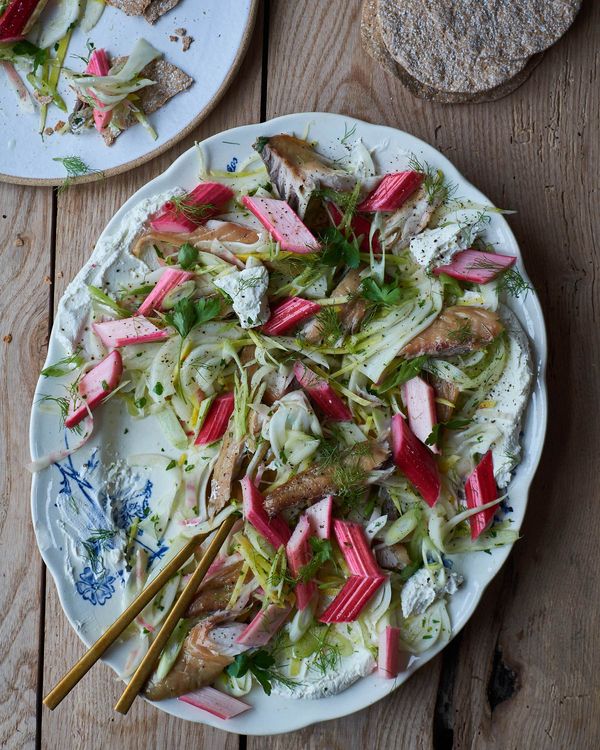
Rhubarb, Mackerel and Fennel Salad
Crunch and colour for a cold day. The rich, oily mackerel is off set by the crunch of fennel and raw beetroot then topped off with soft cream cheese and, the hero, sweet and sour pink rhubarb pickles.
Get the recipe on Kathy’s website.
Rhubarb, Pistachio, Orange and Cardamom Macaroons
Quick, colourful and delicious. These pretty almond and pistachio macaroons are flavoured with orange and cardamom and topped with rhubarb. A doddle to make, they freeze brilliantly, though it’s such a quick cook (apart from the resting) there’s no real need to plan ahead.
Get the recipe on Kathy’s website.
Rhubarb and Custard Trifle from Cook, Eat, Repeat by Nigella Lawson
Any recipe that calls for a full kilo of forced rhubarb gets my vote. But that’s what I love about Nigella Lawson – no half measures. Her new book is about life, cooking, and anchovies, and so much more than a collection of recipes, but this one stood out for its joyful abundance and simplicity. Plus, we can’t talk about rhubarb without mentioning custard now can we?
Keep up to date with Kathy’s veg patch adventures over on her Instagram and website, and don’t forget to pre-order your copy of her upcoming cookbook, From the Veg Patch, here.
From the book
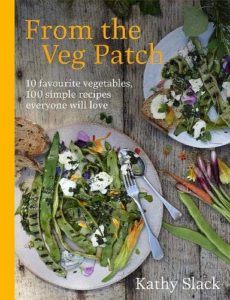
From the Veg Patch
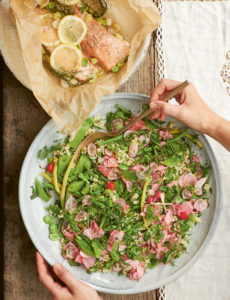
The ultimate guide to getting the most out of your veg patch
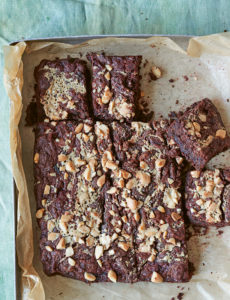
With 100 simple recipes to celebrate seasonal produce
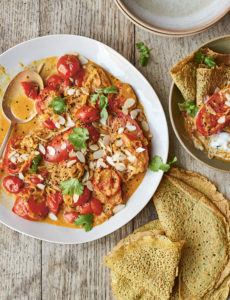
From vibrant summer tomatoes to earthy winter beetroot
Find Kathy’s other monthly growing guides here:

